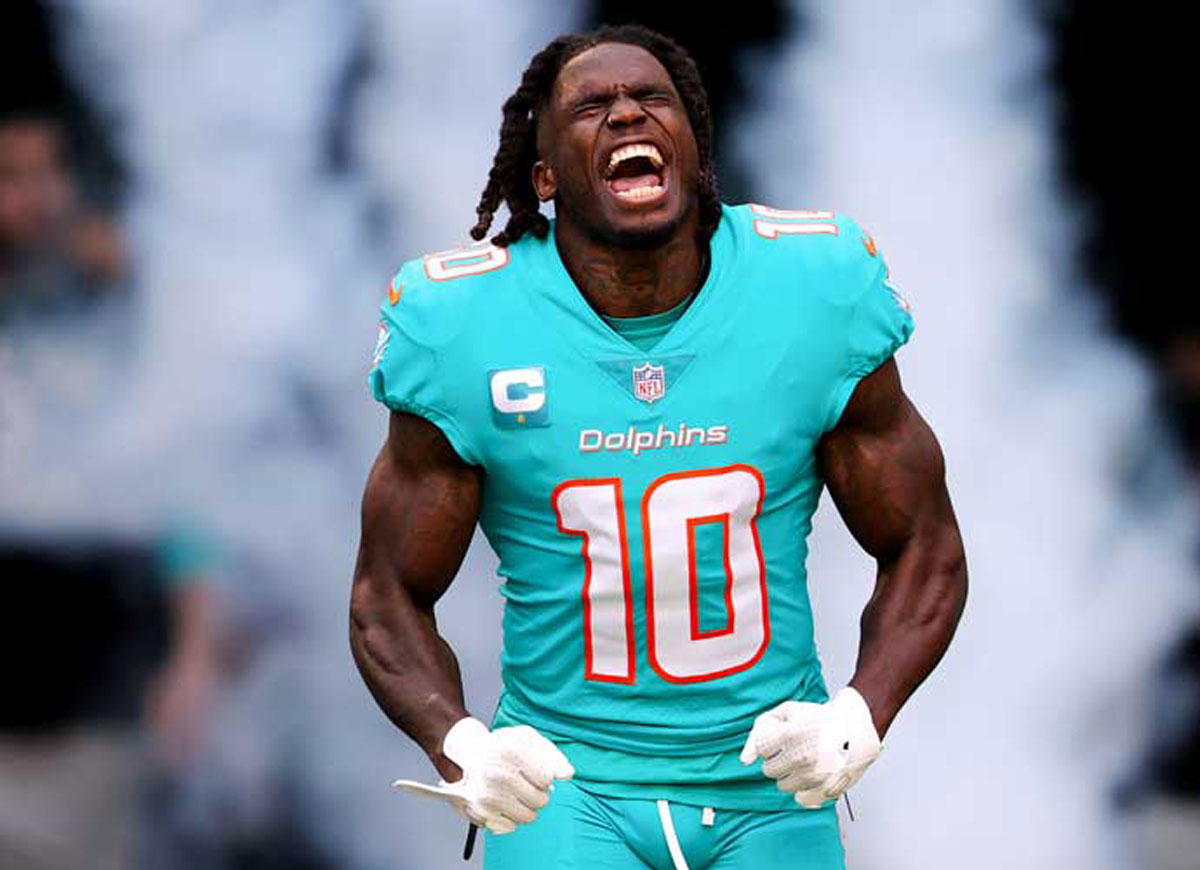'Magic Mike' Is More Soderbergh Than Lap Dance

3.5/5
Many who go to see Magic Mike, the long-awaited "Channing Tatum stripper movie," will be disappointed. While the film serves up plenty of eye candy, the best of which features Tatum schooling co-stars Alex Pettyfer, Matt Bomer and Joe Manganiello on how to turn up the heat with a sizzling combination of quasi-acrobatic dance moves and the removal of improbable costuming, there is still a lot of story squeezed in — story that may seem too sincere and incongruous, given one's expectations. The trailer and promos for Magic Mike smartly, but in hindsight rather cheaply, made the film seem like a bacchanalian black comedy proudly aware of itself as a gift, long overdue, to admirers of gyrating six packs and sideways-cocked butt chins. Don't get me wrong: Magic Mike is still that gift, but its actual proportions are dwarfed by the oversized promotional package, stuffed with empty promises, that commanded our attention in the first place.
Magic Mike is directed by Steven Soderbergh, the creative risk-taker behind films as thematically diverse as Ocean's Eleven, Contagion and Haywire. Soderbergh brings his signature light-footed and confidently limited point of view to Mike, providing natural, seemingly improvised dialogue (which Tatum has a knack for); a multi-angle look on a single fixed subject; and a sepia-toned, indie-documentary-esque glow that now, in the age of Instagram, seems to inspire less than it once could. The overall effect of Soderbergh's vision is, I think, positive — he has a genius for creating a world, establishing its rules and introducing its habitants in a way that carefully avoids, or at least hides, dumb-downed exposition. But, as an expert shower vs. teller, Soderbergh can often show so demonstrably that it feels like telling, as in one scene in which a loan officer rejects Mike's application, despite the piles of cash he offers for collateral. We are meant to understand that the straight path to a clean life is unfairly blocked for those who earn their living in society's unscrupulous underbelly, but I have my doubts about that.
In the casting department, the choice to have Matthew McConaughey play Dallas, the megamaniacal kingpin of Tampa's exotic entertainment scene, was a no-brainer, but McConaughey surpasses high expectations and delivers a compelling performance. Lately channeling his bare-chested, bongo-banging public persona into smaller, more fascinating roles, McConaughey is at the top of his game playing a street-smart fool. Often, when Magic Mike seems as if it's going to sink irretrievably into a sad slump, McConaughey shows up, jumper cables sparking, to bring things back to life.
As both a love story and an exploration of a bizarre American subculture (think Darren Aronofsky, who has done similar work with The Wrestler and Black Swan), Magic Mike makes agreeable attempts to avoid cliché — resulting, at times, in a legible coldness toward the idea of meaningful human attachment. There is a sub-plot, involving a convincing Olivia Munn, that foretells betrayal on the horizon of otherwise unique satisfying adult relationships. And for Tatum's character, there is an emotional climax that brings up a quintessentially American problem: the question of occupation versus identity. It's more than a little heartbreaking to watch Tatum's uneducated, thirtysomething former pretty boy stutter through an explanation — "I'm not who I am…. I mean, I'm not what I do…" — that, quite frankly, he doesn't have. Juxtapose that with scenes, however, of him baring his finely sculpted rear end, and you've got to admit: it's also pretty satisfying.
RELATED ARTICLES
Get the most-revealing celebrity conversations with the uInterview podcast!





Leave a comment